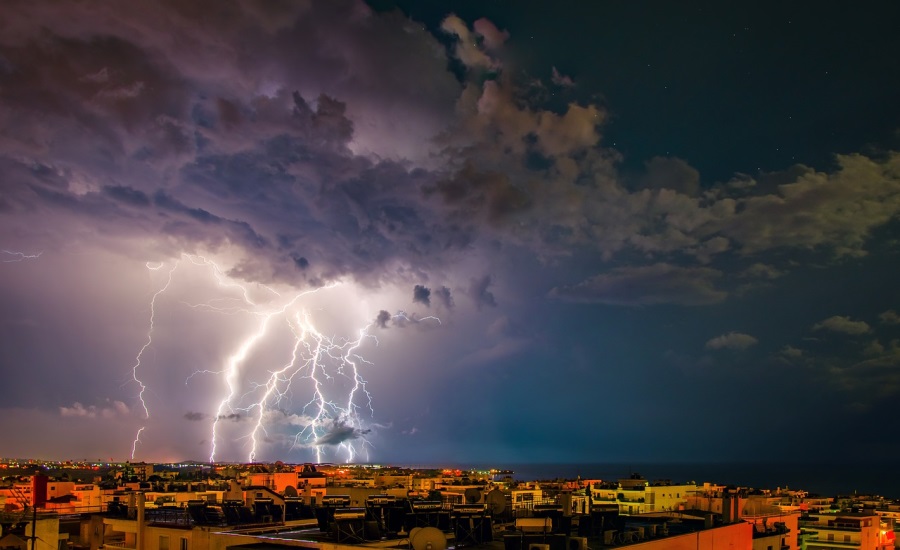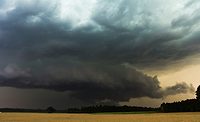Severe storms cause billions of dollars in damage each year, yet a new survey from ServiceMaster Restore shows homeowners still aren’t prepared for weather emergencies, and they’re overlooking simple precautions that could help them get back on their feet more quickly, should severe weather damage their home or property.
With the National Oceanic and Atmospheric Administration (NOAA) predicting an above-normal hurricane season this year, and tornado season off to its deadliest start in nearly 10 years, restoration contractors have to be ready to respond quickly, especially at a time when homeowners seem unprepared.
“Our crews are often among the first onsite after a severe weather event, whether flood, tornado, straight line winds or hurricane,” said Peter Duncanson, director of business operations for ServiceMaster Restore. “Over and over again, not only do we see the destruction, but we see homeowners who have no idea what to do next. They’re lost. They thought it wouldn’t happen to them.”
The company just released results from its 2017 ServiceMaster Restore Weather Emergency Survey, in which nearly 40 percent of homeowners surveyed admitted to having no idea how to prep their house for a potential weather emergency. In addition, the survey found that:
- Less than one third of homeowners prep their home before a potential weather emergency
- More than 40 percent of homeowners don’t set aside emergency funds for potential damages.
- Homeowners are almost 80 percent more likely to charge their cell phone than to secure their personal valuables and keepsakes ahead of a potential weather emergency.
- Fewer than one-in-five homeowners review their homeowner’s insurance policy ahead of a weather emergency. Flooding is not covered under most homeowner’s policies, leaving people unguarded against thousands of dollars in potential damages.
- Less than 25 percent have an inventory of their home’s contents, something that will be invaluable in the event it sustains severe damage.
Restoration contractors have a big opportunity to help their communities both in preparation and disaster response by knowing where gaps in readiness may lie.



Report Abusive Comment